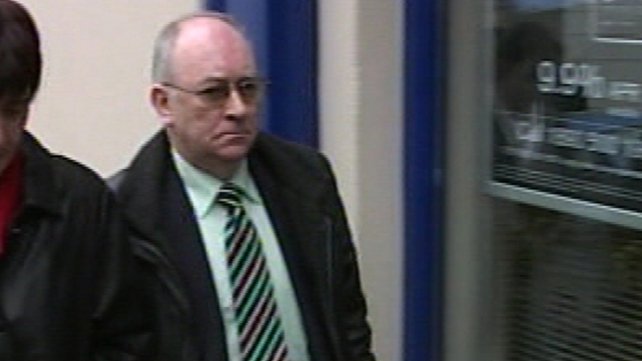AN Irish dancing teacher fraudulently transferred his family home and another property into his wife’s name so he wouldn’t have to pay €400,000 to an abuse victim, the Court of Appeal has ruled.
The three-judge appeal court dismissed Michael Quigley’s appeal against a High Court finding that the transfer of the assets to his wife Alice should be set aside as fraudulent under the Conveyancing Act (Ireland) 1634. It also awarded costs against him.
Quigley, a former Derry Journal printer, has until February to decide whether to take the case to the Dublin Supreme Court.
In 2011, the High Court awarded €400,000 to Dana Doherty (44), a national school teacher, against 70-year-old Quigley of Barnhill Park, Letterkenny after finding he abused her when she was one of his dancing pupils aged between 12 and 19.
Juries in two criminal trials had failed to reach verdicts so Ms Doherty then took a High Court civil action and was awarded €400,000. Mr Quigley lost a Supreme Court appeal against that award.
In an effort to get payment, Ms Doherty brought separate proceedings against Mr Quigley and his wife alleging the 2000 transfer of his home in Letterkenny and the 1998 transfer of a property at Meenagown, Donegal, were intended to defeat Ms Doherty’s claim for the €400,000.
In denying those claims, the Quigleys argued the family home was transferred to get a loan for a home extension, while the second property transfer was to get future planning permission on the land.
Giving the appeal court’s judgment, Mr Justice Michael Peart noted the High Court found Mr Quigley was aware by 1991 Ms Doherty was alleging she was sexually abused by him. He was also aware she had in August 1993 made her first complaint to gardaí after which Mr Quigley was immediately interviewed.
Although Ms Doherty intended her complaints should lead to Mr Quigley being charged and convicted of criminal offences, the alleged activities were also tortious acts capable of giving rise to a claim in damages, the judge said.
These tortious acts, and the complaints made about them, and the interview of Mr Quigley, existed as facts at the dates of the two property transfers, he said. That meant the necessary inference could be drawn from those so as to meet the legal tests for establishing they were done to defeat the claim of a future creditor.
The High Court’s conclusion Ms Doherty was undoubtedly a “creditor” within the meaning of the 1634 Act was amply supported by legal authority and correct on the facts as found by the High Court, he said.
The High Court correctly found the property transfers were made for no consideration and correctly inferred Mr Quigley’s intention was that the property transferred in 1998 and 2000 should be placed beyond recourse to Ms Doherty as a future creditor, should she win her damages claim in the future.
It was “noteworthy” Mr Quigley gave no evidence concerning the transfers and the High Court rejected his wife’s evidence in that regard, the judge added.
Tags:





